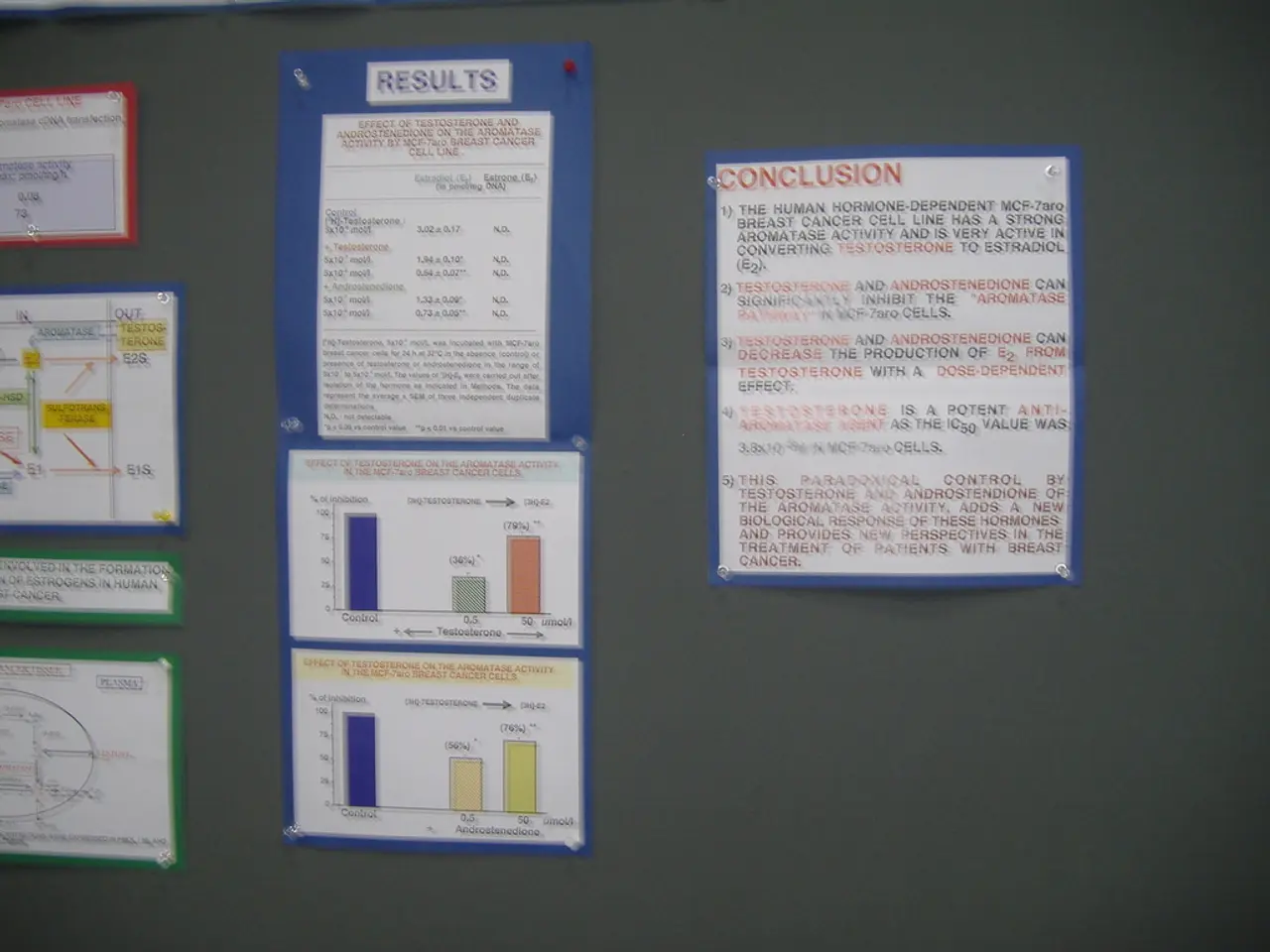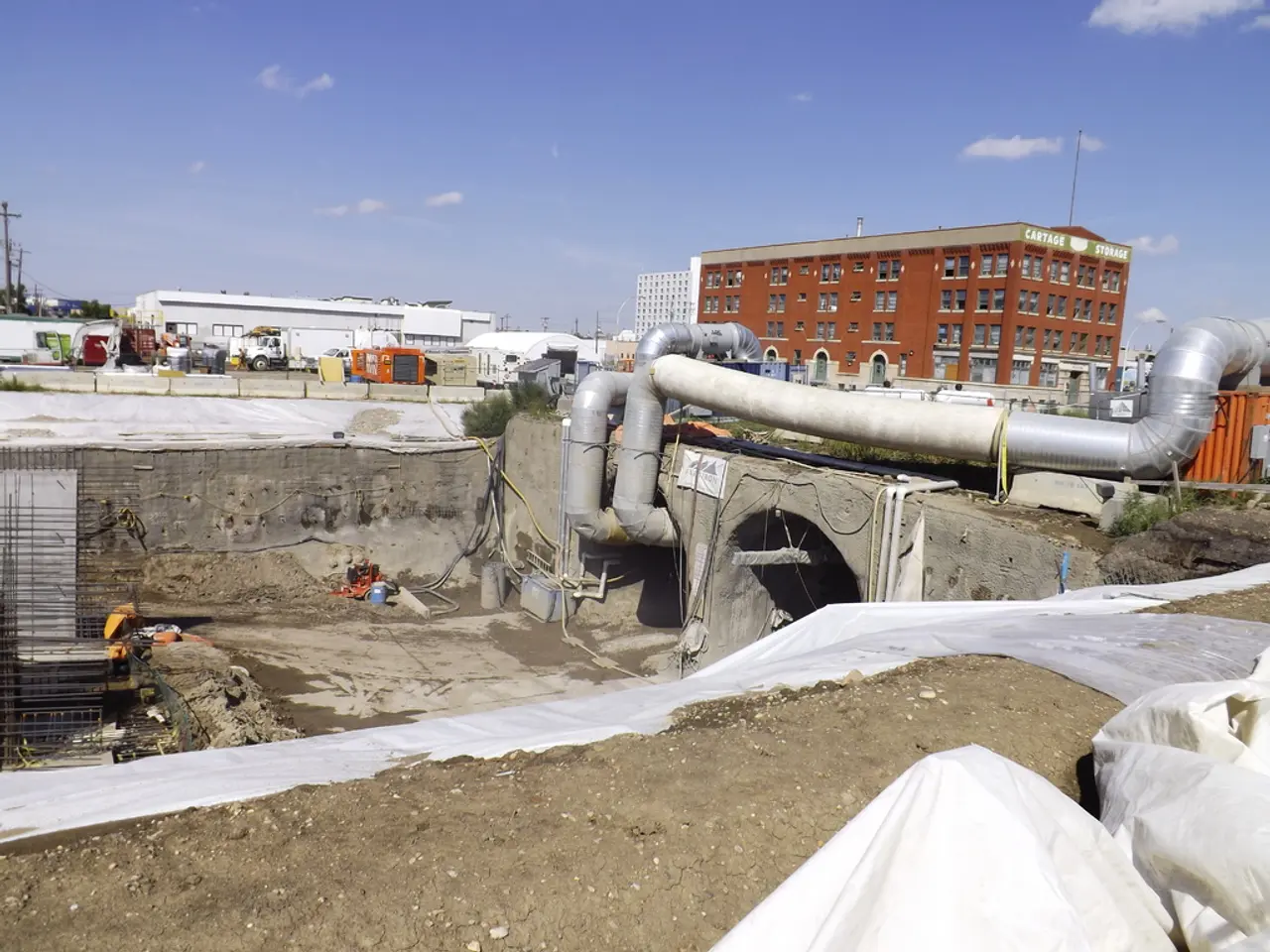Legislative Assembly Discussion in Delhi: Reports from the Comptroller and Auditor General stirring up intense argument, School Fee Regulation Bill under criticism
The Delhi School Education (Transparency in Fixation and Regulation of Fees) Bill, 2025 is set to be tabled in the state Assembly today by State Education Minister Ashish Sood. This bill aims to bring clarity, fairness, and protection for parents' interests in the process of deciding private schools' fee criteria in Delhi.
The bill introduces tough penalties for schools that violate fee regulations, such as arbitrary fee hikes or failure to comply with transparency requirements. Fines ranging from Rs 1 lakh to Rs 10 lakh have been set for the first offence, with penalties increasing for repeated violations and non-return of excess fees within the given time.
In cases where schools do not refund excess fees charged within the stipulated time, the penalty doubles after 20 days, triples after 40 days, and increases further for each 20-day delay. For violations on a per-student basis, schools can be fined Rs 50,000 per student, with penalties doubling and tripling if corrections are delayed beyond 20 and 40 days respectively.
Repeated violations may lead to derecognition, disqualification of school management from proposing fee hikes, or even a government takeover of the school’s management. The government is also empowered to seize and sell movable or immovable property of the school management or appoint a receiver to manage assets to recover dues.
The bill also prohibits coercive actions against students for fee non-payment, protecting them from being denied exams, access, or facing psychological harassment. Schools are required to submit proposed fee hikes by July 31 each year, and decisions are expected by mid-September.
However, the bill has drawn criticism for certain clauses such as allowing annual fee hikes up to 15% and not mandating independent audits. The ongoing session is expected to be stormy due to the ongoing standoff over Bihar electoral roll revision in Parliament.
Recently, the AAP government has criticized DPS Dwarka for expelling 29 students over fees, but the specific details of the criticism by Kejriwal were not provided. The debate is expected to heat up as AAP will try to debate the data presented by the Delhi CM.
This is the first paperless session and the third under CM Rekha Gupta. The government is introducing the Delhi School Education Bill in the session, which also includes a presentation of two CAG reports by Delhi CM Rekha Gupta during the Assembly session: one on Delhi's finances for the year 2023-24 and the other on the welfare of construction and building workers for the year ending March 31, 2023. The CAG report on healthcare in Delhi highlights significant gaps, including half-a-minute diagnoses and the absence of ICUs.
- The Delhi School Education Bill, set to be tabled in the state Assembly, includes regulations for private schools' fee criteria, aiming to fine schools that violate these regulations, such as arbitrary fee hikes or lack of transparency.
- In cases of delayed refunds, schools can face increased penalties, with fines doubling after 20 days, tripling after 40 days, and escalating for each 20-day delay on a per-student basis.
- Apart from the new school bill, the ongoing session will witness the presentation of two CAG reports by Delhi CM Rekha Gupta: one on Delhi's finances for the year 2023-24 and the other on the welfare of construction and building workers for the year ending March 31, 2023.
- Criticism of the bill includes the allowance of annual fee hikes up to 15% and the lack of mandatory independent audits, while current political tensions are expected to influence the debate, as AAP will challenge data presented by the Delhi CM in the ongoing session.







